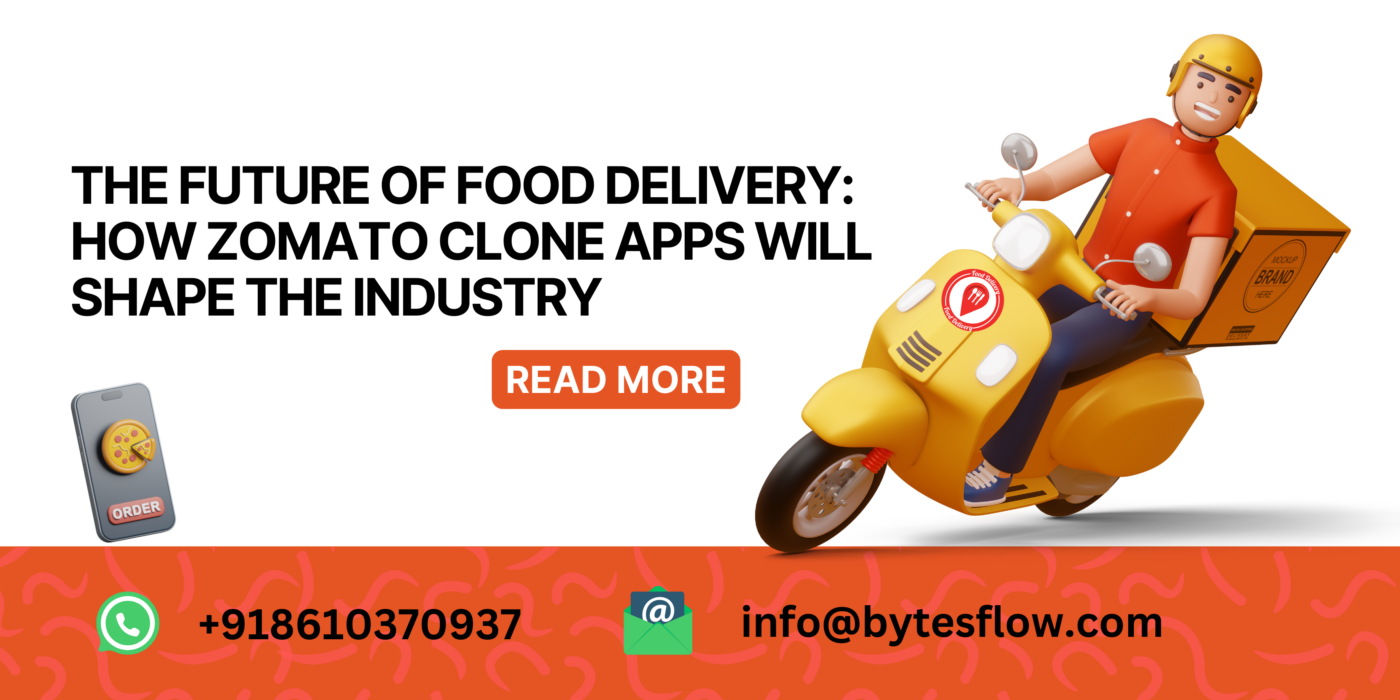The food delivery industry has seen a significant rise in the past few years, with the convenience and accessibility of online ordering transforming the way we consume food. One of the leading players in this space is Zomato, a food-tech company that operates in over 24 countries worldwide. Their success has inspired many entrepreneurs to develop their own Zomato clone app, which offers similar features and functionalities as the original app.
Looking ahead, Zomato clone apps will likely shape the future of food delivery significantly. Let’s explore some predictions for the future of food delivery. And understand how Zomato clone apps are likely to evolve in the years ahead.
The Next Big Thing! Zomato Clone App on Future of Dining
1. Increased Personalization
One of the key advantages of using Zomato clone apps is the ability to personalize the user experience. In the future, we can expect to see even more sophisticated algorithms and machine learning technologies. These advancements will enable Zomato clone apps to offer highly personalized recommendations based on the user’s preferences, location, and previous orders.
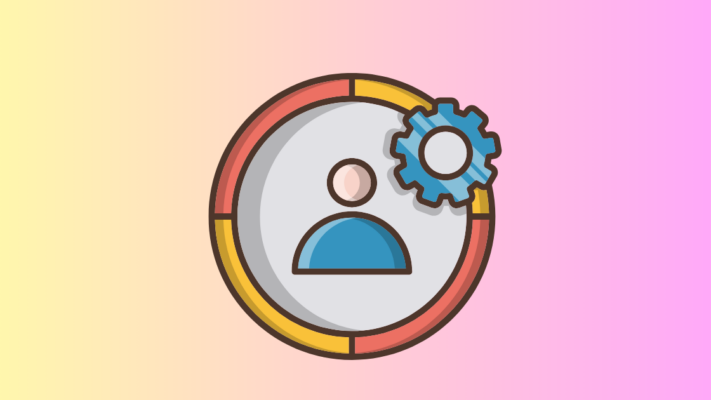
For instance, Zomato clone apps may be able to suggest dishes based on your taste buds. They could recommend restaurants based on your location and dietary restrictions. Alternatively, they might offer personalized discounts and promotions. This level of personalization will not only enhance the user experience but will also drive customer loyalty and satisfaction.
2. Integration with Smart Home Devices
As smart home technology continues to evolve, we can expect to see the Zomato clone app script integrating with these devices to offer a seamless ordering experience. Imagine being able to order food from your favorite restaurant with just a voice command or a simple tap on your smartwatch.
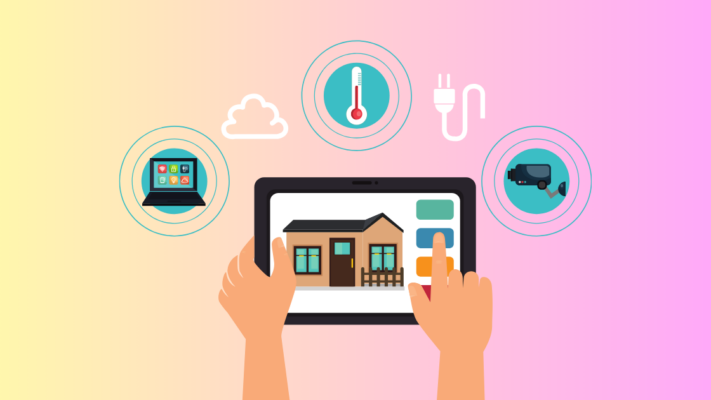
Zomato clone apps may be able to integrate with smart speakers, smartwatches, and other devices to offer a highly convenient and hands-free ordering experience. This level of integration will not only enhance the user experience. But will also make it easier for people with disabilities or mobility issues to order food online.
3. Emphasis on Sustainability
The food delivery industry has faced criticism in the past for its impact on the environment. The excessive use of plastic packaging and delivery vehicles has contributed to pollution and waste. In the future, we can expect to see Zomato clone apps placing a greater emphasis on sustainability and eco-friendliness.
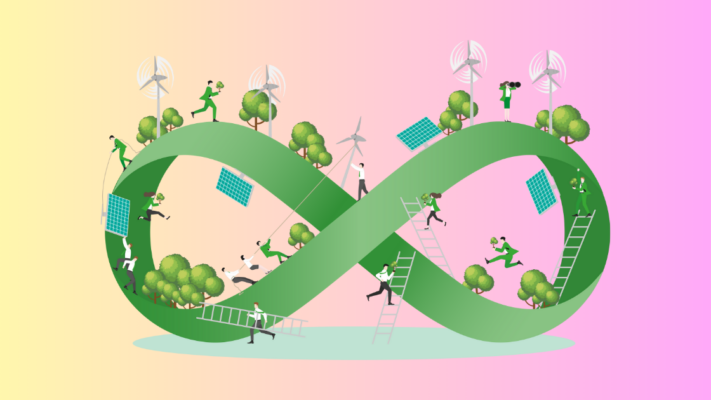
For instance, Zomato clones may partner with eco-friendly packaging companies to offer biodegradable or reusable packaging options. They may also incentivize customers to choose delivery options that are more environmentally friendly, such as walking or cycling couriers.
4. Integration with Augmented Reality (AR)
As AR technology evolves, Zomato clone apps will likely integrate it for a more immersive experience. For example, customers could scan menus on their smartphones to view 3D dish models before ordering.
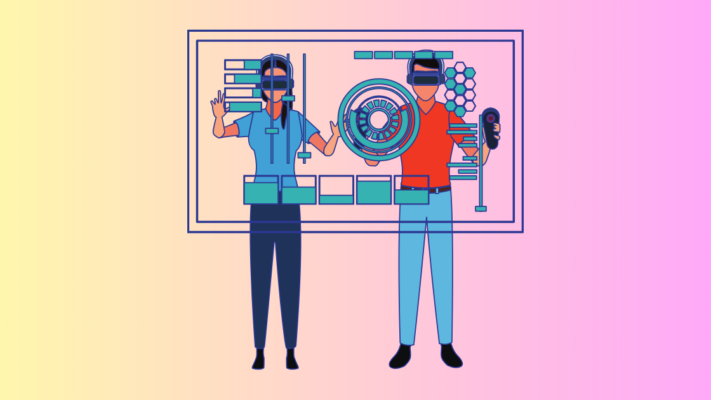
This level of integration will not only enhance the user experience but will also enable the Zomato clone to offer more engaging and memorable marketing campaigns. For instance, restaurants may be able to create virtual tours of their premises or offer interactive cooking classes via the Zomato Clone.
5. Expansion into New Markets
As Zomato clone apps gain popularity, they’ll expand into new markets like Asia, Africa, and Latin America to meet rising demand for online food delivery. This expansion will not only open up new revenue streams for Zomato clone developers but will also create new opportunities for restaurants and food businesses to reach a wider audience.
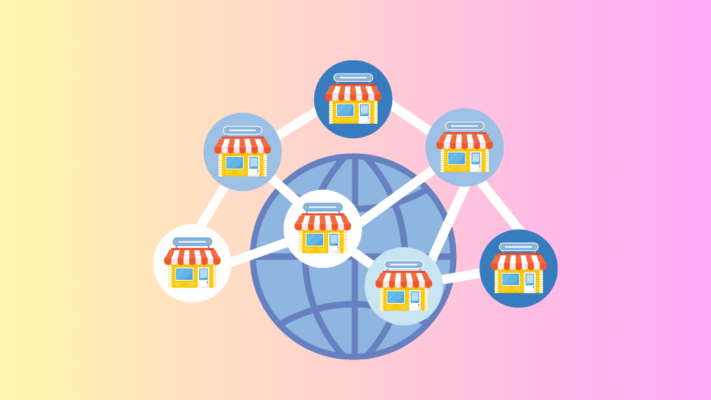
As the world becomes increasingly interconnected, a leading food delivery script like the Zomato clone app is likely to play a significant role in shaping the future of food delivery.
Sum Up: Role of Zomato Clone App on Future of Dining
The future of food delivery is exciting and full of possibilities. As we’ve seen, Zomato clones are likely to play a significant role in shaping the industry in the years ahead. Increased personalization, integration with smart home devices, emphasis on sustainability, integration with augmented reality, and expansion into new markets are just a few of the possibilities.
As the food delivery market evolves, Zomato clone app developers must innovate and provide user-friendly, sustainable solutions. With the right approach, these apps can revolutionize how we order and enjoy food.
If you’re seeking to create a streamlined food delivery platform akin to Zomato, seize the chance with Bytesflow Technologies. Our ready-made, cutting-edge development solutions are tailored to propel you forward in the competitive landscape of the food delivery sector.
WhatsApp: +918610370937
Mail: [email protected]
Aparna Babukuttan is a content writer at Bytesflow Technologies who writes with passion and emotions. She has a keen interest in exploring the latest technologies and has years of experience in writing for artificial intelligence and Web3 including blockchain, NFT, metaverse, and cryptocurrency. Beyond Blockchain, Aparna also lends her expertise to crafting captivating narratives for on-demand food delivery businesses.
